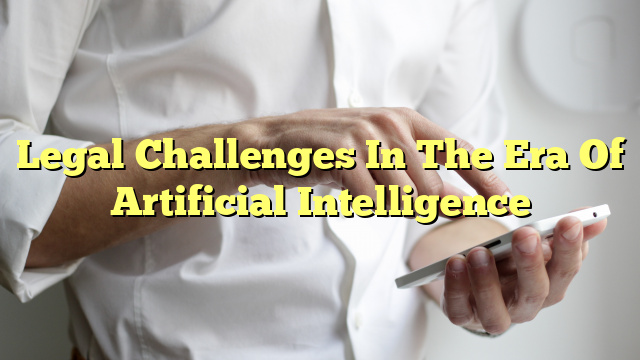Table of Contents
- What Are Legal AI Challenges?
- What Is the Legal Impact of AI?
- What Are the Legal and Ethical Issues With AI?
- What Are the Disadvantages of AI in Legal Industry?
What Are Legal AI Challenges?
The development of artificial intelligence (AI) presents a number of challenges to the legal profession. AI technology can replicate and even surpass human intelligence in certain tasks, making it an attractive tool for lawyers who need to increase their efficiency and effectiveness. However, AI also creates certain legal challenges, such as the potential for bias and the potential for AI systems to be used to undermine the law. Additionally, the legal sector is subject to a number of regulations that can limit the use of AI and create a litigious environment.
What Is the Legal Impact of AI?
The legal impact of AI is wide-ranging. AI can be used to automate certain tasks, such as document review or legal research, and can also be used to predict outcomes in certain cases. AI can also be used to identify patterns in legal documents and to provide an objective analysis of the legal implications of a certain case. Finally, AI can be used to provide legal services, such as providing advice or assistance in the negotiation process. The use of AI in the legal profession has the potential to reduce costs and increase efficiency.
What Are the Legal and Ethical Issues With AI?
There are a number of legal and ethical issues associated with the use of AI in the legal profession. One of the main concerns is the potential for bias in AI systems, which could have a significant impact on the fairness and accuracy of legal decisions. Additionally, there is a potential for AI systems to be used to undermine the law, such as through the use of algorithms that could manipulate the legal system in order to benefit certain parties. Finally, there are concerns that AI systems could be used to violate privacy laws or manipulate data.
What Are the Disadvantages of AI in Legal Industry?
The use of AI in the legal industry presents both advantages and disadvantages. On the one hand, AI can help increase efficiency and reduce costs, as well as provide an objective analysis of legal cases. On the other hand, there are ethical and legal issues associated with the use of AI, including the potential for bias in AI systems and the potential for AI to be used to manipulate the law. Additionally, AI systems are subject to a number of regulations, such as data privacy laws, which can limit the use of AI in certain areas.

